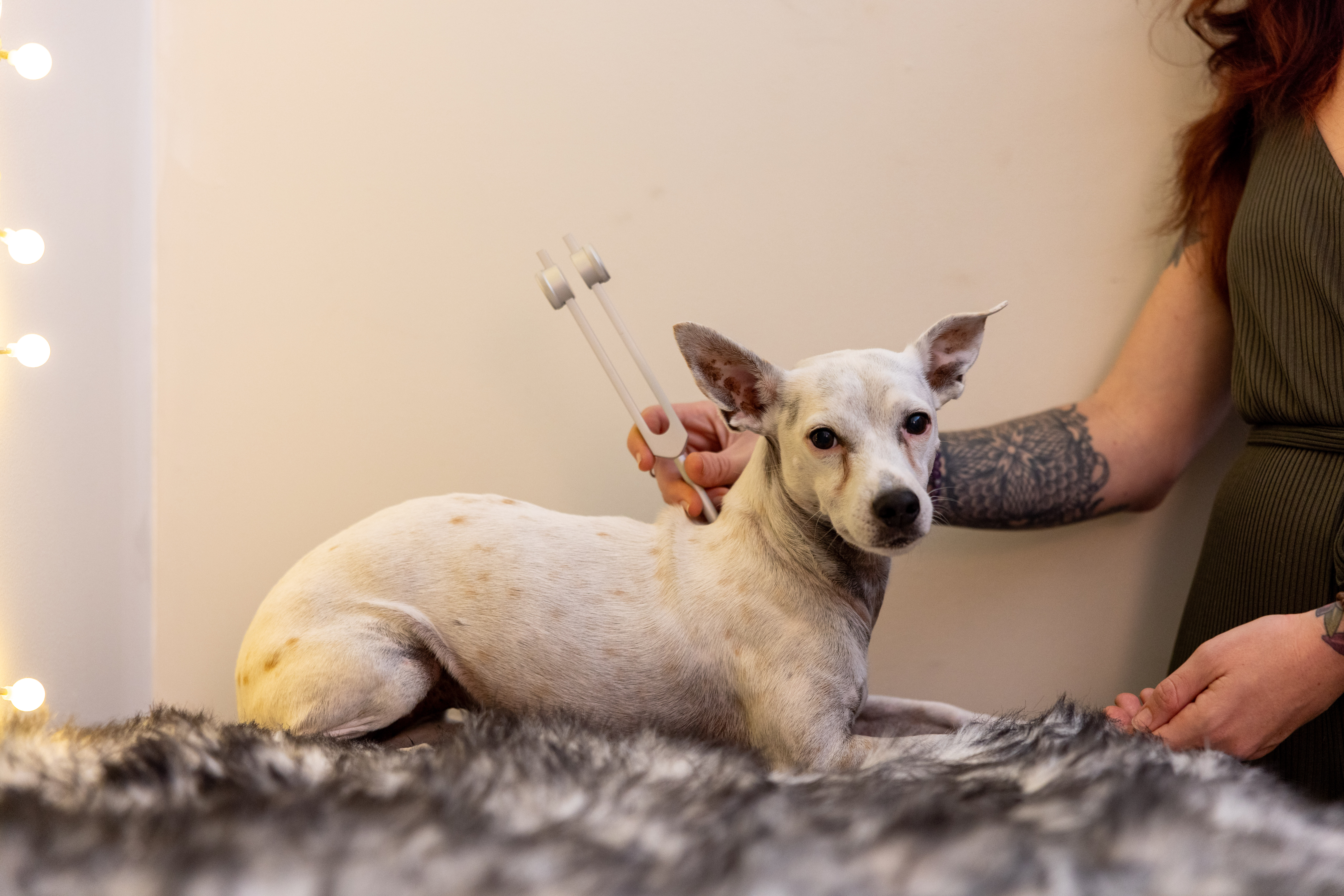Is there a new kitten in your life? Check out Dr. Barrett’s guidelines for kitten care to be sure your kitten is set up to thrive!

Vaccines/Immunizations:
- Most common vaccines:
- FVRCP (feline viral rhinotracheitis, calicivirus, and panleukopenia)
- FELV (feline leukemia)
- FELV is typically spread by feral cats outdoors so this would be important for any cats that will be going outside.
- Vaccinate FVRCP at approximately 8, 12, 16 weeks of age. If also vaccinating for FELV, this is usually at 12 and 16 weeks.
- Vaccines given before 8 weeks of age may not be effective due to lingering antibodies from the mother cat which may still be circulating in the kitten’s system. These can neutralize early vaccinations and make them ineffective.
- Do not kittens outside unsupervised until fully vaccinated for FELV, since this can be transmitted by contact with other cats and communal water/food sources.
- Specific vaccines needed can be determined by your vet depending on your region and diseases that are prevalent.

Safety:
- Kitten-proof your house and any outdoor areas.
- Be sure trash containers are covered or in cabinets where they cannot be accessed when your kitten gets bigger. If allowed access, they may ingest things like dental floss, string, or hair ties that can cause intestinal obstructions.
- Know all the plants in your house or yard and if they are toxic to pets, and if so, remove them.
- LILIES ARE VERY TOXIC FOR CATS! Do not ever have these inside your house if you have cats!
- Be sure any chemicals, cleaning products, medications and supplements are safely stored.
- Be aware of toxic foods: chocolate, coffee, onions, garlic, macadamia nuts, grapes, and raisins. Contact your vet immediately if your kitten has ingested any of those foods!
- Cats are very sensitive to many essential oils. Do not apply them directly to your cat without specific advice from a holistic veterinarian who is experienced in medical aromatherapy. Wash your hands if you have any undiluted oils on your hands before touching your cat. And in general, do not diffuse non-medical-grade essential oils around cats, as it can sometimes cause respiratory issues. (There are exceptions but in general please be very cautious to avoid any issues, and check with a holistic veterinarian such as Dr. Barrett).
- Cats can be sensitive to inhaled airway irritants, which can cause asthma or bronchitis. This can include smoke (cigarettes, incense, etc), dust, and cleaning chemicals, so be aware of what your cat is being exposed to. It may be harmful to them.

Training:
- Socialize and desensitize your kitten so it learns to deal with new people, animals, noises, smells and things in the world without fear. Invite people over to meet and gently handle your kitten so she learns to trust people.
- Kittens have a developmental “window” where socialization is most effective. This is primarily from 2-7 weeks old but can extend up to 14 weeks, so don’t wait too long to start socializing them!
- Most cats will instinctively use a litterbox. Clean the litterbox daily and keep it in an area where the kitten spends most of their time to encourage them to use it (ie. don’t hide the litterbox in some remote corner of your house because you don’t want to see/smell it… they will not go looking for it!)
- Play with your kitten often using toys. Do not reinforce bad habits such as letting them chew on/play bite your hands and feet. If they attack your hands or feet, end the play session and walk away, so they learn this is not an acceptable behavior.
- Handle your kitten’s paws, nails, and ears often, and brush their coat daily, so they are used to the type of handling needed for routine grooming.
- Most people do not bathe their cats, but if you want to be doing this, it is good to get them used to it from a young age. Put them in a sink or bath tub with pre-filled containers of warm water to pour over them as you bathe them. Running faucets are loud and scary to a kitten. Avoid getting water in ears or shampoo in eyes.

Worms and Internal Parasites:
- Many kittens have worms or other internal parasites, even ones from breeders and shelters.
- Do a fecal test with your veterinarian to examine the stool with a microscope for any parasites or parasite eggs. Kittens can have worms even if they do not have diarrhea, so doing a test is important.
- You will be sent home with a specific deworming medication for the type of parasites found if there are any.

Fleas, Ticks, and External parasites:
- Outdoor cats should be on flea/tick prevention every month to avoid getting fleas in your house. It is typically administered topically between the shoulder blades at the base of the neck. You should always purchase it through your veterinarian, who gets it directly from the manufacturer.
- If your cat stays inside, she may not need flea/tick prevention
- There are some natural methods of flea/tick prevention but they may not be as effective as a preventative you would get from a veterinarian. However, if you would prefer to avoid administering a chemical parasite treatment each month, you can focus on grooming instead. This would entail bathing your cat after it goes outside and/or using a flea comb to scour the coat for any live fleas or evidence of flea dirt (flea feces). It depends on how “buggy” your environment is and how paranoid you are about getting fleas in your home.
- Over the counter preventatives are less effective and no guarantee as to where they came from and what is actually in them.

Diet:
- Kittens have very specific nutritional requirements! If they are not met, they can lead to deficiencies, abnormal growth, and medical problems later in life.
- Be sure to feed a diet specific for kittens that is complete and balanced (which means containing certain important nutrients like calcium and phosphorus at appropriate levels).
- If you want to feed raw or home cooked to your kitten, be sure to make a nutritional plan with a veterinarian who has advanced knowledge of nutrition. Otherwise it may be simpler to feed a commercial kitten food, maybe with a fresh food topper, until they are 8-12 months old.

Dental Care:
Spaying and Neutering:
- The earliest spaying/neutering is typically performed is around 6 months of age. (Sometimes shelters will sterilize pets younger than that to have them ready to adopt).
Microchipping:
- Microchips are used in pets to identify them if they get lost. They are about the size of a grain of rice and are placed under the skin with a sterile needle, which most pets hardly react to. When scanned, a number will be recognized that is associated with a database where you can register your name, phone number and address. If someone finds your pet and brings them to a hospital or shelter, they will be scanned and hopefully returned to you! Microchips do not GPS track your pet.
- Microchips are required by law in many places. If your pet ends up at the shelter, they are typically held for longer if they have a microchip, which gives you more time to find them if they are missing.




LEAVE A COMMENT